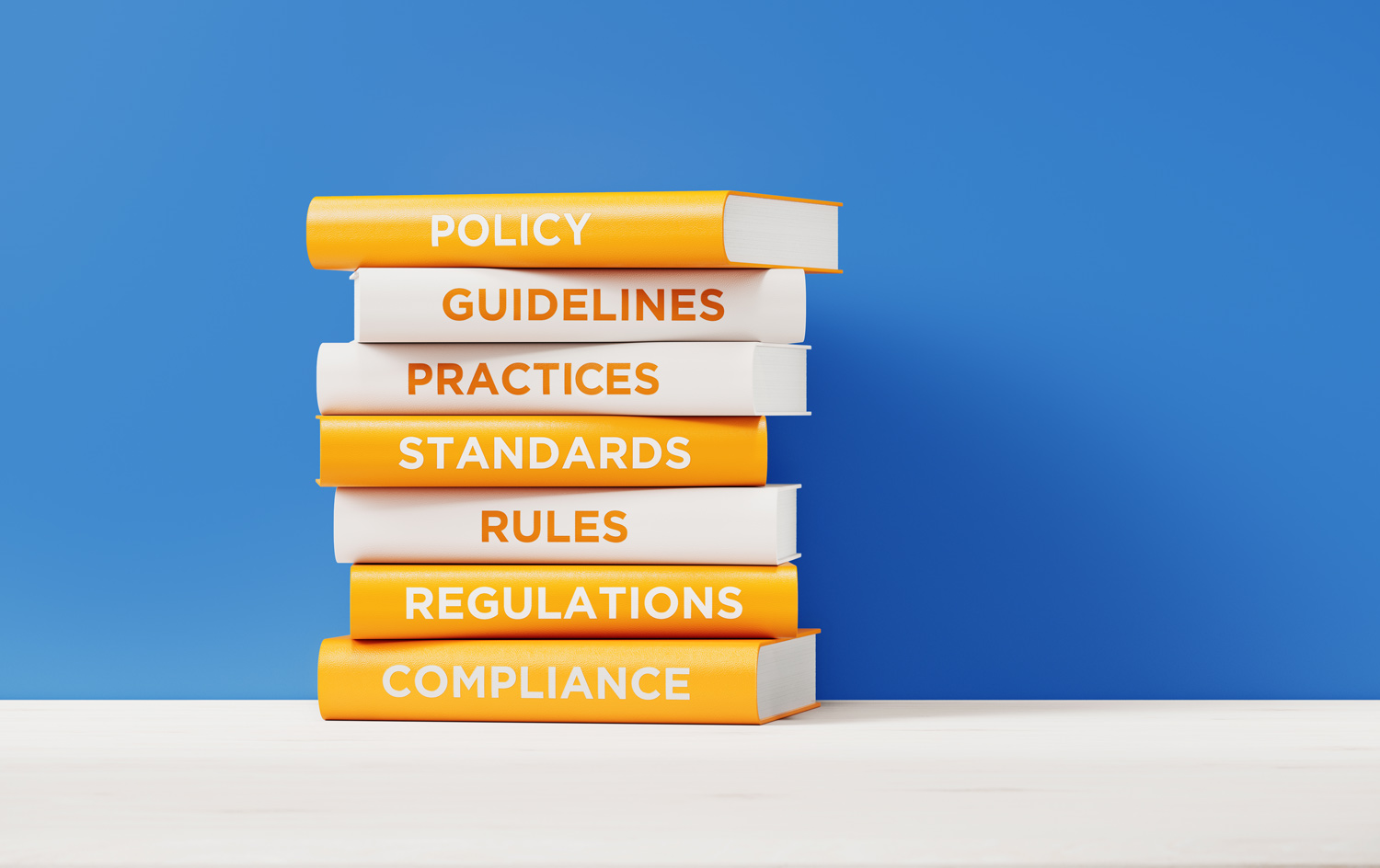
In its 2022 session, the California Legislature enacted a number of bills, signed by Gov. Gavin Newsom, that impact the obligations of school employers in the state. These bills cover a number of subjects from labor to holidays to safety. CSBA’s Legal team has briefly summarized some of the key new laws so that members are familiar with the obligations these new statutes place on them.
AB 1655 added language to Education Code section 37220 to clarify that holidays “appointed by the President” include “the President signing into law legislation that creates a nationwide federal holiday,” thus making Juneteenth a school holiday. The Legislature also opined that this language is “declarative of existing law.” AB 1655 also incorporated this definition into Education Code section 45203 regarding classified employees.
Effective Jan. 1, 2024, AB 2188 adds a provision to the Fair Employment and Housing Act that prohibits employers from discriminating against a person in hiring, termination, or any term or condition of employment or otherwise penalizing that person based on either of the following:
- The person’s use of cannabis off the job and away from the workplace; or
- An employer-required drug screening test that has found the person to have nonpsychoactive cannabis metabolites in their hair, blood, urine or other bodily fluids.
The second provision relates to the fact that cannabis can stay in a person’s system and appear in drug tests as nonpsychoactive cannabis even though the person is not impaired by the use of cannabis. Importantly, this bill does not permit employees to possess, be impaired by, or to use cannabis on the job. In addition, this bill does not apply to employees who are required to be tested for controlled substances by other state or federal laws, such as bus drivers who are subject to federal Department of Transportation drug testing requirements.
Existing law requires employers to provide access to new employee orientations to the exclusive representative, among other requirements related to new employee orientations. SB 191 provides additional requirements. If the employer has not conducted a new employee orientation within 30 days of a newly hired employee’s start date, and the employee is working in person, the employer must allow the exclusive representative to schedule a 30-minute meeting with that employee. The meeting must be in person and during work hours, and new employees be given an opportunity to attend. The employer must also provide the exclusive representative with space to hold the meeting within seven calendar days of receiving a request for such space. The bill also provides options for holding such meetings if public health orders limit their size or prohibit them. The provisions described here are effective only until June 30, 2025.
The bill also provides for any attorney fees awarded to an employee organization that successfully brings such a claim but prevents PERB from awarding attorneys fees to a public employer, including when defending an appeal to a dismissal of an employee’s claim by PERB’s Office of General Counsel. Under this statute, when a court proceeding is required to enforce a PERB order or to defend a PERB decision on appeal by an employer, the employer will be required to pay PERB’s attorneys fees and costs if PERB prevails in court.